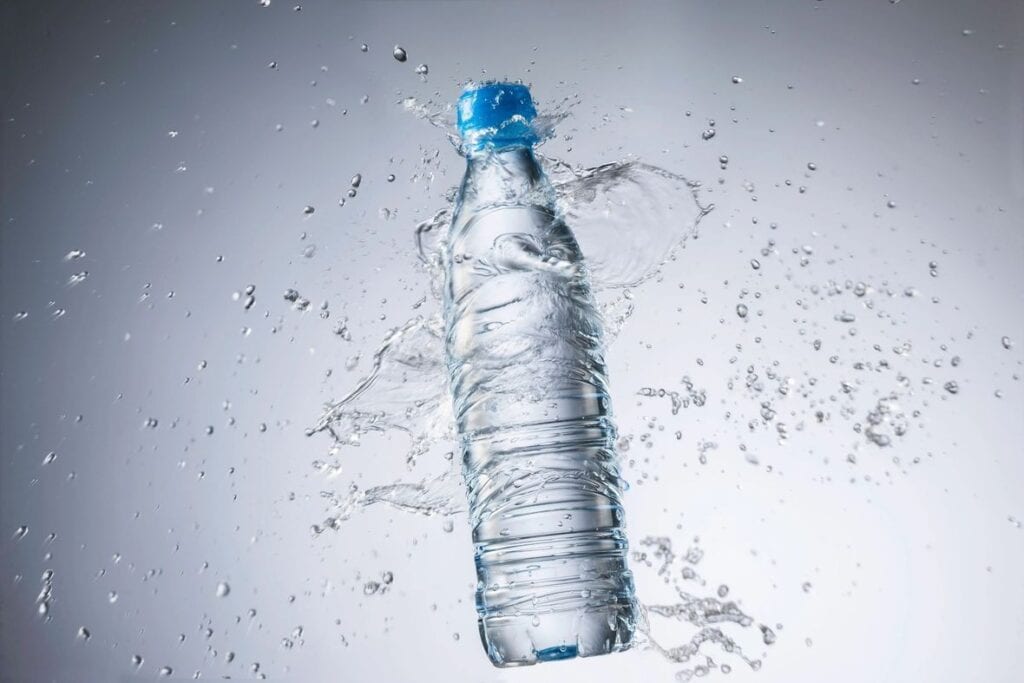The Antibiotic Stewardship program works to protect our patients from antibiotic resistance. Did you know that your dietary department along with nursing can play a role to decrease the use of antibiotics? How? Through improving hydration we can help reduce urinary tract infections from occurring.
How much fluid is enough? A person weighing 150# needs around 2000ml (68 fl oz) each day. Fluid can be consumed through drinking liquids and through consuming water-rich foods.

Some Barriers to Good Hydration
- Older individuals often forget to drink and have a declined sense of thirst
- Swallowing difficulties make it harder to drink and come with risks such as aspiration
- Thickened liquids can be less palatable
- Individuals may purposely limit their fluid intake for fear of incontinence

Solutions to Increase Hydration
- Ensure fluids are accessible at all times for your patients. Provide extra fluid with med pass. Add an extra water pass time to your staff’s routine.
- Supply a variety of beverages during activities like lemonade, hot chocolate, tea, juice, or water with fruit
- Provide high water content foods with meals such as watermelon, tomatoes, bell peppers, & side salads
- Encourage milk intake at multiple meals such as breakfast and dinner
- Offer popsicles, milkshakes, or smoothies for snack
- For those patients that require thicken liquid, use thickener packets to thicken their favorite beverages instead of only offering the beverages that are premade – such as juice, coffee, tea, lemonade, soda, etc..
- Explain to patients that decreasing fluid intake does not decrease incontinence
Need help with your Hydration Program? Let us know!
Kind regards,
Suzan Jackovatz RDN, LD & Briana Johnson RDN, LD
Grace Nutrition Consulting, LLC
https://gracenutritionconsulting.com
Posted in Uncategorized

